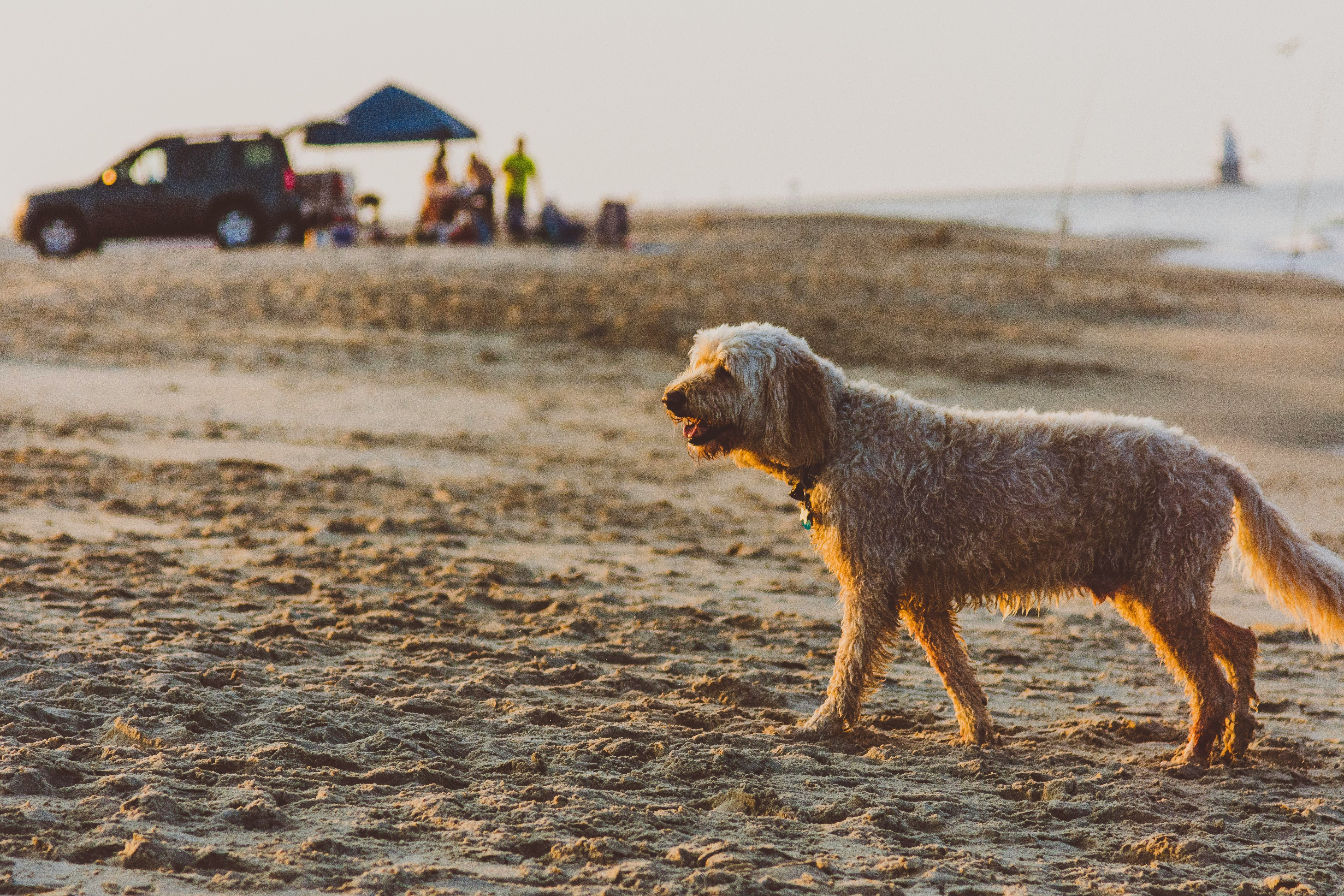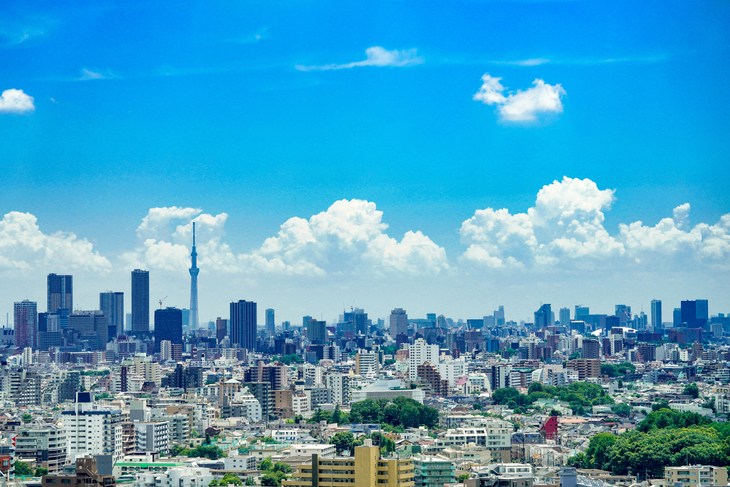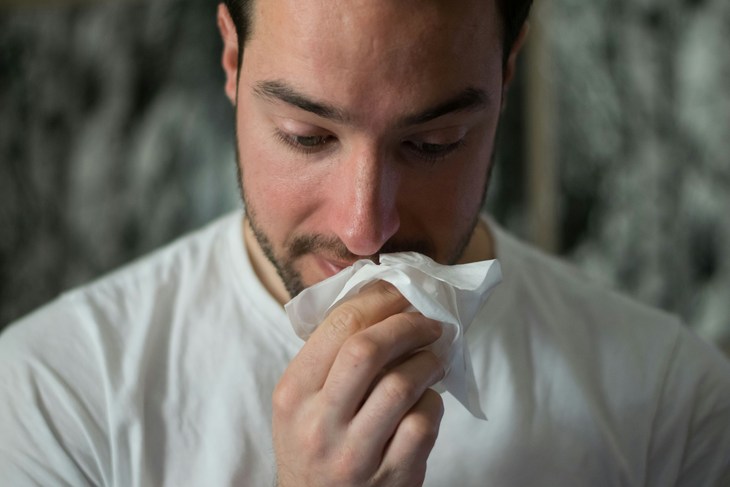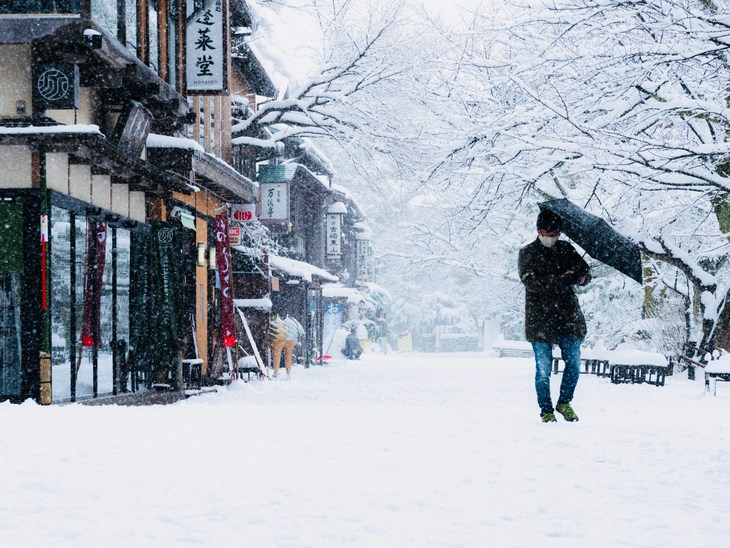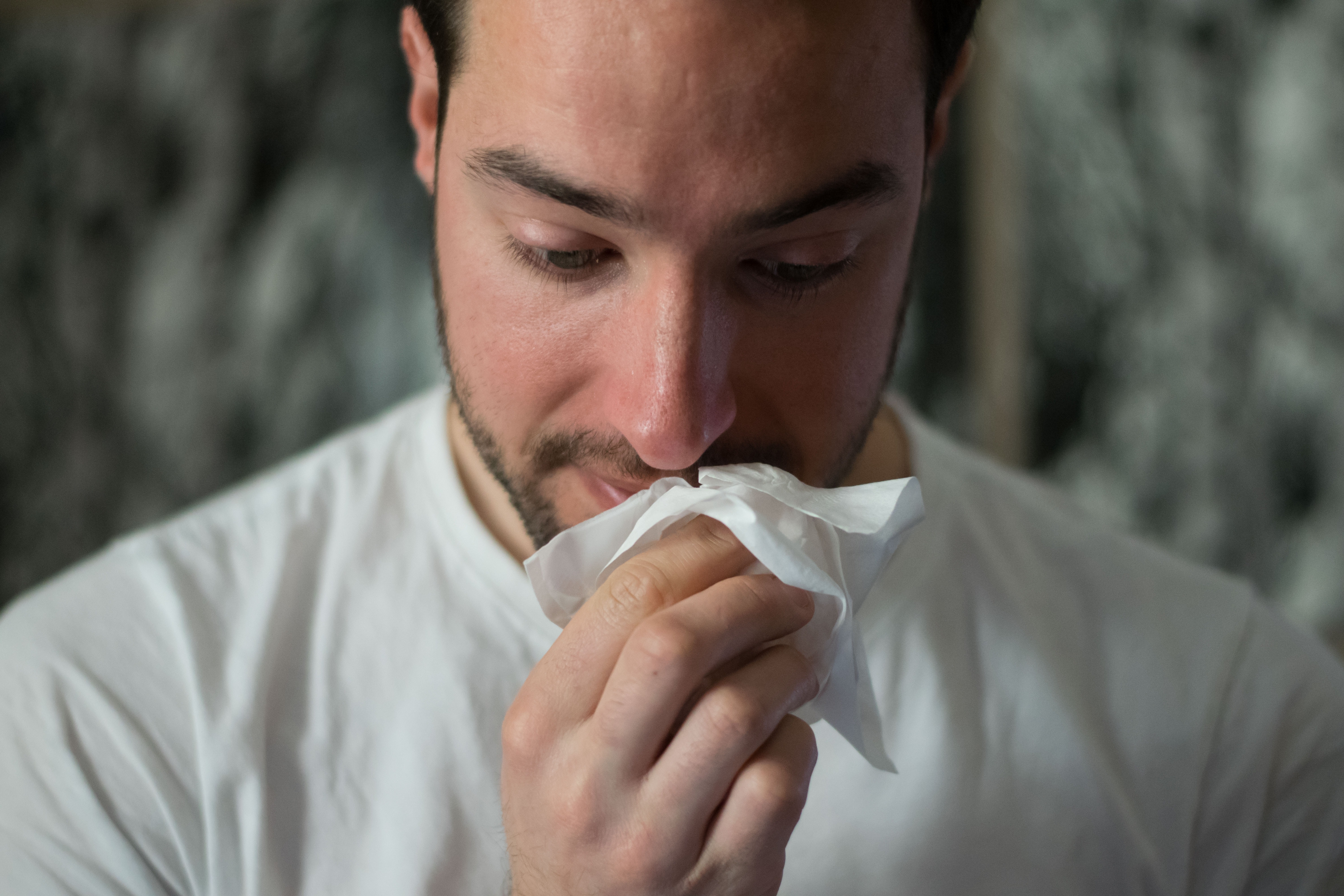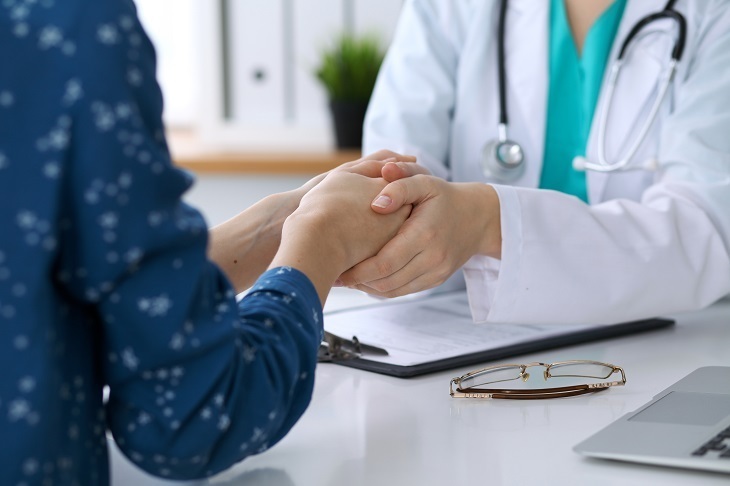What to do if you become sick or injured in Japan
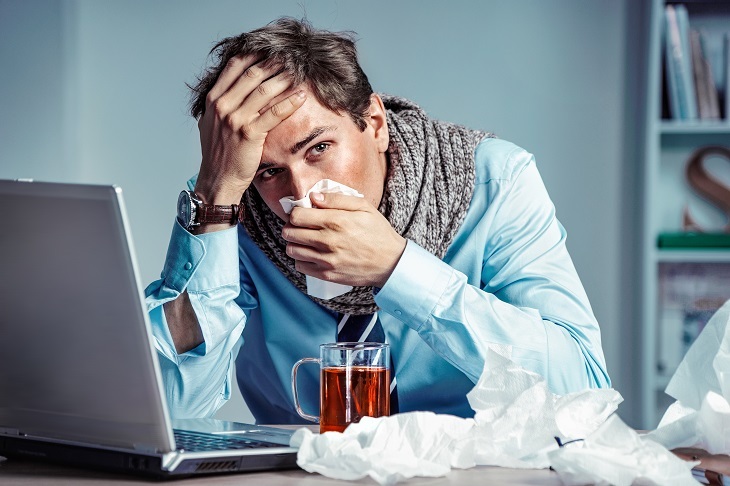
It's possible you get sick or injured when you have just started living in Japan, or are visiting as a tourist. If such an occasion arises, it's very reassuring to know where to go to get treated and what is required for medical assistance. In this article, we will introduce a basic guide regarding medical treatment and assistance while in Japan.
Is it possible to acquire cold medicine and/or adhesive plasters immediately?
Yes, it is possible to acquire cold medicines, adhesive plasters, gauze (bandages) and antiseptic creams at a pharmacy or a convenience store. However, there are some special things to take note of when buying medical supplies in Japan.
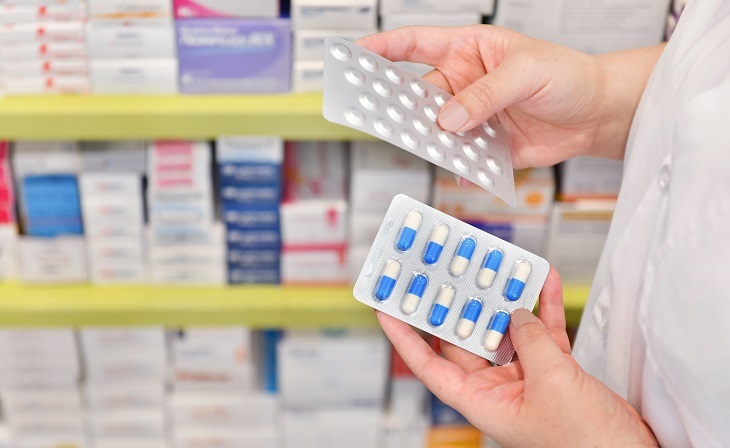
According to Japanese law, medical supplies are generally divided between two groups:
Prescribed medication - A prescription from a hospital or clinic is needed to buy these.
General medication - Available to buy at a drug store or a pharmacy without a prescription. However, general medication is further split in to three different groups based on their side effects and/or simultaneous use with other products.
The different groups have different conditions for purchase.
The following will explain the three different groups of general medication.
Group 1: The types of medication which have the strongest side effects and/or restrictions of simultaneous use with other products. These can be purchased at a drug store or pharmacy where a pharmacist is stationed. Medicines include those for the stomach (gastrointestinal), painkillers (for fever), nasal inflammation, hair growth agents, etc.
Group 2: The types of medication which have moderate side effects and/or restrictions of simultaneous use with other products. It is recommended to consult the store's pharmacist before you purchase, but they can also be purchased without doing so. Medicines include cold medicines, herbal medicines, vitamin supplements, medicines for intestinal disorders, eye drops, medicines for oral cavities (mouth ulcers), etc.
Group 3: Medication not included in either group 1 or 2. Just like medication in group 2, they can be purchased without consulting a pharmacist. Medicines include cold medicines, herbal medicines, vitamin supplements, medicines for intestinal disorders, cough drops, trochiscus (lozenges), compresses, etc.
When unsure about which medicine to purchase, it is recommended to consult the pharmacist, if the drug store/pharmacy in question has one stationed. However, since there are very few pharmacists who are able to communicate in other languages than Japanese, it is recommended to use a translation app or similar for communication in the case the customer is uncertain of their Japanese proficiency.
In the case of an emergency, call an ambulance
In the case of repeated vomiting, or momentarily losing consciousness, immediately call 119 and request an ambulance. There are different ways to call for ambulances in different countries; for instructions on how to do it in Japan, please read the link below.
http://www.fdma.go.jp/html/life/kyuukyuusya_manual/pdf/2011/english.pdf
Preparing beforehand
Getting sick in a foreign country can cause a lot of stress and worry, making it hard to recover. For such occasions, there is an assistance service available for foreigners currently residing in Japan. If the afflicted is not proficient in Japanese, there are services available to receive help in the form of coordinators as well as interpreters for several different languages.
Furthermore, there are roughly 800 medical institutions, centred around the big cities as well as in tourist areas, which offer medical services that you can pay for with cash or a credit card. To be applicable for this service, you must either apply for travel insurance in your own country, or apply for 'foreigners' travel insurance' after arriving in Japan. The insurance company can inform you of the local medical institutions it's affiliated with, so it is good to ask and be well informed.
https://emergency.co.jp/english/service/remote/international/

Naturally, the best thing is to take care to not get sick or wounded, but it is always best to know your options and prepare well beforehand.
















